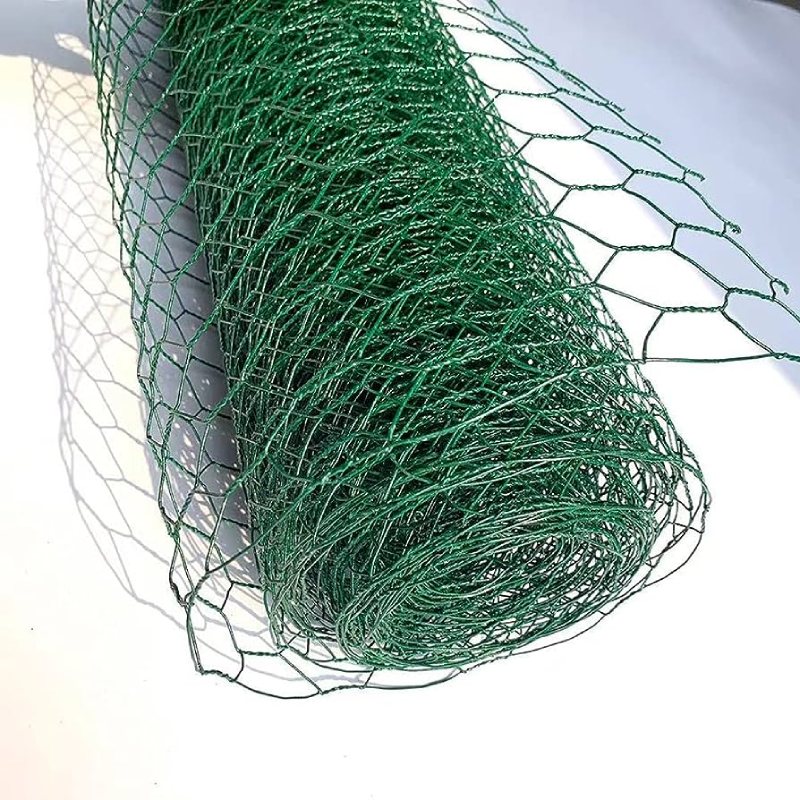The Essential Role of Filter Tubes in Modern Technology
In the realm of environmental management, water purification, and industrial processes, filter tubes play an indispensable role. These specialized tubes are designed to remove impurities from fluids, ensuring that the substances used and discharged are of the highest quality. The significance of filter tubes extends beyond their primary function; they embody a fusion of advanced technology and essential engineering design aimed at promoting sustainability and health.
Understanding Filter Tubes
Filter tubes, often constructed from various materials such as stainless steel, plastic, or specialized membranes, serve the primary purpose of separating solid particles, contaminants, and other impurities from liquids or gases. Typically cylindrical in shape, these tubes can vary in size and design depending on their intended application. The filtration process often involves physical, chemical, or biological means, allowing them to cater to an array of industries.
Applications of Filter Tubes
1. Water Treatment One of the most prevalent applications of filter tubes is in water treatment facilities. Water is a precious resource, and ensuring its purity is critical for human health. Filter tubes help remove sediments, bacteria, and organic compounds, making water safe for drinking and irrigation. Advanced filtration technologies, such as reverse osmosis and activated carbon filtration, utilize filter tubes to provide clean water to communities.
2. Industrial Processes In industrial settings, filter tubes are critical for maintaining operational efficiency. Factories use them to filter out particulate matter and contaminants from air emissions and process fluids, protecting machinery from wear and ensuring compliance with environmental regulations. By minimizing pollutants, companies can enhance product quality and reduce their environmental footprint.
3. Pharmaceutical and Food Industries The pharmaceutical and food industries require stringent adherence to hygiene and safety standards. Filter tubes are employed to ensure that raw materials and final products meet required purity levels, preventing contamination that could lead to public health issues. Their application in these industries is paramount for regulatory compliance and consumer safety.
4. Laboratory Research In laboratory settings, filter tubes are essential for various experiments and analyses. Scientists use them to separate particulates from solutions, making them vital for research in chemistry, biology, and environmental science. Their precision and reliability enable researchers to conduct accurate experiments, leading to groundbreaking discoveries.
filter tube

Advantages of Using Filter Tubes
- Efficiency Filter tubes enhance the efficiency of filtration processes by ensuring consistent flow rates while effectively removing contaminants. This efficiency is crucial in large-scale operations where even minor inefficiencies can lead to significant issues.
- Durability Constructed from robust materials, filter tubes are designed to withstand harsh conditions, including high pressure and corrosive substances. This durability ensures longevity, reducing the need for frequent replacements and maintenance.
- Versatility Filter tubes can be tailored to specific applications, making them suitable for a wide range of industries. Customizable pore sizes and materials allow for targeted filtration, whether it’s for microfiltration in water treatment or ultrafiltration in food processing.
- Environmental Impact By improving the quality of water and air, filter tubes play a crucial role in environmental conservation. Their use contributes to reducing pollution and conserving natural resources, supporting global sustainability goals.
Challenges and Innovations
While filter tubes offer numerous benefits, challenges exist, such as clogging and the need for regular maintenance. Innovative designs and materials, such as self-cleaning filters and biodegradable options, are being developed to address these issues. The integration of smart technology, including IoT-enabled sensors, is also on the rise, allowing for real-time monitoring of filter performance and predictive maintenance, ultimately enhancing operational efficiency.
Conclusion
Filter tubes are vital components of contemporary technological applications, with a significant impact on health, industry, and the environment. Their ability to purify fluids, improve product quality, and comply with safety regulations underscores their importance across various sectors. As the world continues to face environmental and health challenges, the evolution of filter tube technology will undoubtedly play a key role in fostering a cleaner and more sustainable future. The ongoing innovations within this field promise not only to improve filtration efficiency but also to pave the way for new applications that will benefit society as a whole.
-
Versatility of Expanded Aluminum Metal for Various Applications
NewsMay.19,2025
-
The Geometry of Steel Gratings: Why It Matters
NewsMay.19,2025
-
Reinforcement Applications of Perforated Mesh in Masonry
NewsMay.19,2025
-
Essential Tools for Installing a Deck Mesh Railing
NewsMay.19,2025
-
Anti-Slip Flooring Made with Stainless Expanded Mesh
NewsMay.19,2025
-
Adjustable Steel Grating for Uneven Terrain
NewsMay.19,2025
Subscribe now!
Stay up to date with the latest on Fry Steeland industry news.

